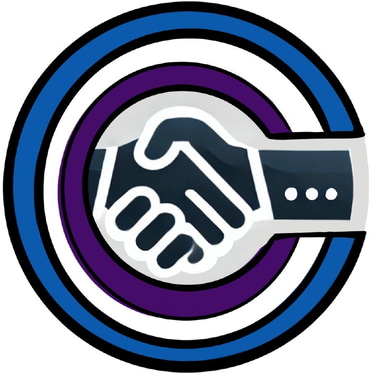Meeting with a Scientist
For students interested in science, research and medicine #DNAscience #genetics #ColdSpringHarborLab
Elina Kamensky
9/29/20252 min read


We hosted Will Dahl, a postdoctoral fellow at Cold Spring Harbor Lab, where he studies how cells control genes through heterochromatin and RNA interference. Will’s path wasn’t a straight line - math team to science research to Cornell to a PhD at Brandeis to CSHL.
The quote I loved:
"When thinking of a school, pick the professor, not the brand name. Mentors shape your work more than logos do."
Will's practical advice:
Applications - a personal statement should sound like you - specific. Also proofread everything!
Career choices - academia offers more freedom but funding can be a grind, while industry moves faster with more resources. His advice was to keep doors open by showing up to talks, meeting people, and learning what jobs actually look like before you need one. And in science there are paths in patent law, policy, consulting, teaching, science writing, and core facilities.
Landing your dream job - Will presented his work to professors, collected strong recommendation letters, and basically showed he could think clearly and communicate under pressure. He told us to try intro courses, get to know TAs, and ask about lab openings. It’s fine to change your mind as you figure things out. If your goal is medical school, learn what actually matters for that path, like anatomy and physiology.
Competitions - admissions officers recognize state and national level achievements, so any legit competition helps. He also talked about non-coding DNA - it might look junky, but a lot of it actually controls genes, which makes it a great area for student projects. For high school research, he pushed us to start narrow so we can own the whole project from start to finish. Basic coding is still a big win for analyzing data. Use AI to speed things up, but design the logic yourself so you actually understand what you’re doing.
Biotech jobs - the market swings - sometimes you get offers fast, sometimes it takes months. Hot spots include Boston, New York, and New Jersey. And when it comes to college, prestige is nice, but cost and fit can matter more.
My takeaway was simple: find mentors, stay curious, communicate clearly, and don’t overcomplicate your first project.
